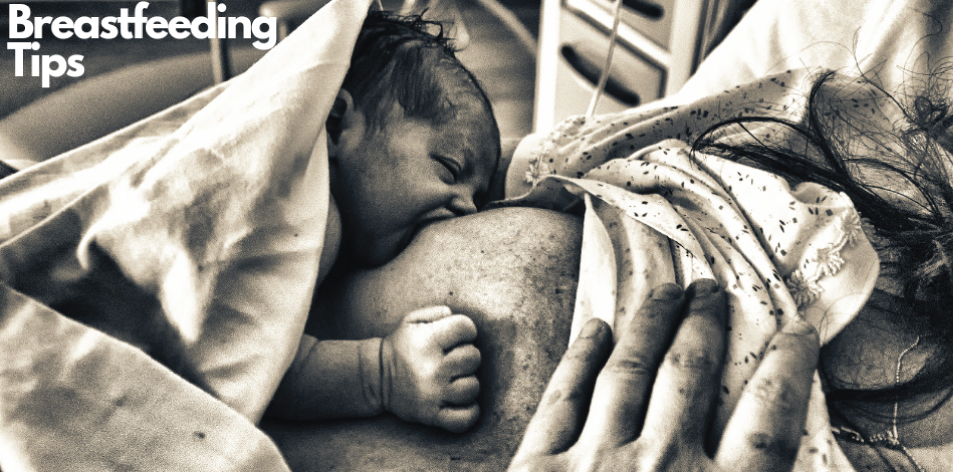
Breastfeeding – H&S Education & Parenting
Breastfeeding: A Guide For First Time Mothers!
Being a new parent can be challenging, after all, a newborn baby can be demanding as it relies on the parent to have all its needs met, one of the most important being hunger. How many times has a first time mother heard ‘it’s only natural’ when talking about breastfeeding; but the truth is that it’s not always easy, especially not for first time mothers! There’s so much to consider when breastfeeding your baby, the correct latching position, for how long, challenges you could face, etc. Yes, breast is the best in most cases, and a paediatrician would be in favour of exclusively breastfeeding a baby for the first 6 months of his/her life unless it is contraindicated when a mother is on certain medications, has an infection, baby has a condition that doesn’t allow him/her to be breastfed.
There’s so much every first time parent should know about when having a baby. The first milk is usually thicker & yellow, and is called colostrum which can be considered as an elixir for babies; it’s all the good stuff- nutrient-dense and high in antibodies and antioxidants you want your baby to consume as it helps build their immune system. After a few days, this turns to breast milk. There are so many benefits for both mother and baby, when it comes to breastfeeding for example it promotes faster weight loss after birth, lowers risks for breast and ovarian cancers, helps increase physical and emotional bonding between mother and child, strengthens baby’s immune system, protects baby’s gut, respiratory system and promotes better vision etc. So if you are a first time mother and need a guide on breastfeeding, keep reading!
Breastfeeding Tips Before & After The Baby Arrives:
Before The Baby Arrives:
- Talk To An Expert- If you want the tips that will ease your breastfeeding journey, who better to speak to than a lactation expert? You can air out any concerns or clear any doubts you have when it comes to breastfeeding.
- Watch & Learn- If you have a friend who is breastfeeding, you can always ask if you can watch and learn. If not, you can check out the internet, you will get to observe the correct latching positions and how the process works!
- Prepare Your Space- You need a comfortable chair, pillows, nursing pads, etc to ensure your nursing space is comfortable for both you and your newborn baby.
When The Baby Arrives:
- Breastfeeding Should Commence Soon After Birth- Breastfeeding should start within the 1st hr of birth.
- Ask A Nurse To Help You- Try to ask a nurse to help you get a correct, deep latch, which involves positioning yourself nose to nipple or belly to belly. It can be frustrating in the beginning, but don’t give up hope! If your partner is around, it’s even better to get them to watch, so they can help you at home.
- Don’t Be Afraid To Question Your Doctor Or Nurse- If you feel your nipples are sore, injured, or something doesn’t seem right, just ask! You know your body better, and you know your baby best. If something bothers you, such as the colour of your baby’s stool, or if your newborn vomits a lot of milk, ask.
In The First Few Weeks:
- Breastfeed Every 2-3 Hours- Breastfeed on demand every 2-3 hours i.e. 8 times in 24hrs, switching your baby from one breast to the other for each feed to avoid a breast from getting engorged with milk. If your infant keeps falling asleep on your breast, you can either tickle their soles, under their chin or stroke their cheek or ear to wake them up.
- Watch Your Diet- You need good nutrition when you are breastfeeding. A good amount of calories is needed, so be sure to eat proper healthy meals with healthy snacks in between. Keep your hydration up.
- Make Sure You & Your Breasts Are Comfortable- From a nursing stool to lying on your side, try whatever makes you comfortable. If you produce a lot of milk, you can try to massage your breasts while feeding. Avoid over using the pump as it can cause issues. For damaged, cracked nipples, you can use for e.g. purified lanolin to keep them moist.


